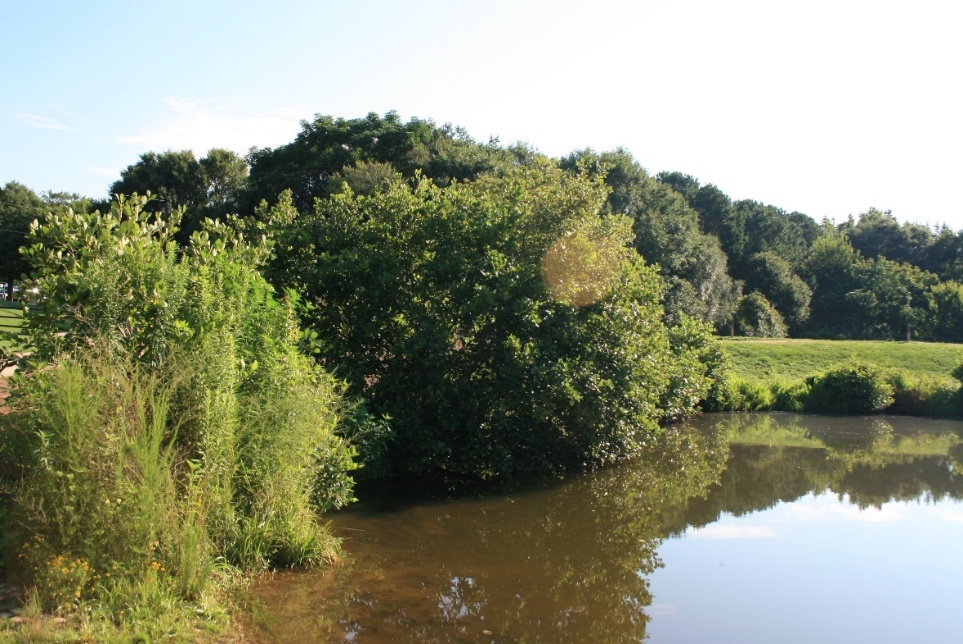Would you like one or two wood chips in your coffee? How
about a few cottonseed hulls to sweeten your cereal?
Sound ridiculous? A University of Georgia researcher says a
large,
untapped supply of a natural, high-valued sweetener lies hidden
within Georgia’s agriculture and timber industries. You just have
to know how to get to it.
Sweeter Value
Jim Kastner, a biological and agricultural engineer with the UGA
College of Agricultural and Environmental Sciences, is working
on a fermentation process to extract an alternative sweetener
from common Georgia by-products.
The sweetener, xylitol, is a highly valued product that’s growing
in demand worldwide, Kastner said. It’s used in chewing gums,
pharmaceutical and dental hygiene products.
Using xylitol has many advantages, he said. And it’s just as
sweet
as regular table sugar. “Not only is it sweet, but it
generates
a pleasant, cooling sensation in the mouth,” he said.
Xylitol is better for you than regular sugar.
It doesn’t cause cavities and actually fights the bacteria that
causes cavities.
It’s safer for people with diabetes, too, because it doesn’t
cause
an insulin response. It’s also known to inhibit the growth of
other bacteria, including the one that’s the most common cause
of ear infections in children.
Getting to the Value
“With the research, the overall goal is to develop
specialty,
value-added commodities from renewable carbon sources in the
state,”
Kastner said. “Xylitol is one of these products.”
Because Georgia has a large agriculture and timber industry, the
state has a large supply of renewable carbon sources, such as
cottonseed and soybean hulls and waste from the pulp and paper
industry, he said.
For example, wastewater from the pulp and paper industry contains
many fermentable carbon sources. One is called xylose.
Kastner’s fermentation process uses microorganisms to feed on
the xylose. As the microorganisms feed, they convert the xylose
into xylitol.
“We’re in the process of designing a new strain of
microorganism
to use in the process to give us higher yields,” he
said.
Kastner is now taking the research from the laboratory and
placing
it into real-life industry situations. He’s working closely with
a specialty pulp and paper company in Georgia to see how well
his process will work at the plant.
The research has the potential to produce a range of products
other than xylitol. One such product is Ribose, which is used
to synthesize anti-cancer drugs.
“If we develop the technology to apply this to industry in
Georgia,” Kastner said, “the infrastructure will be
established to further develop these other compounds.”




